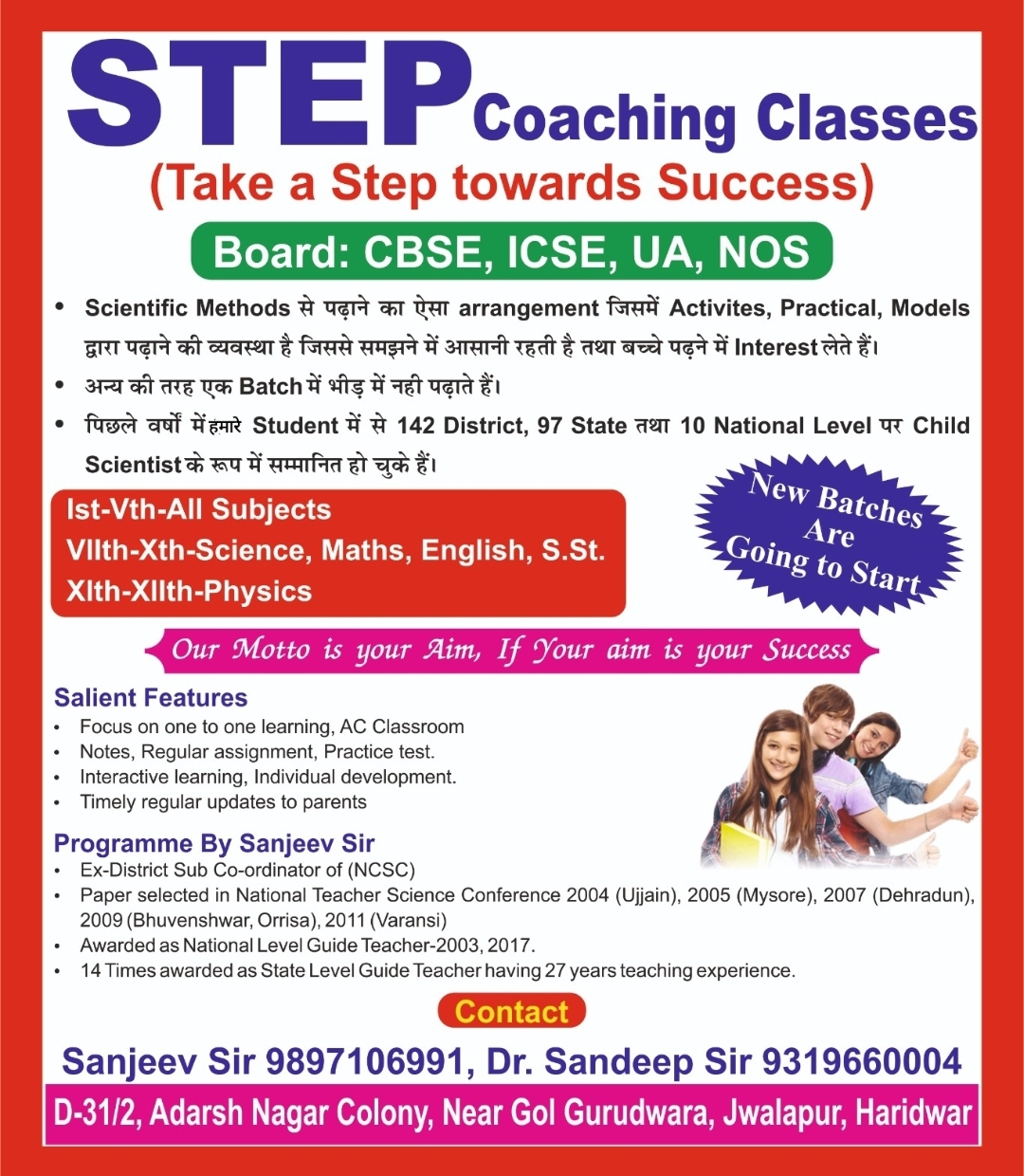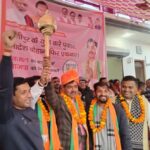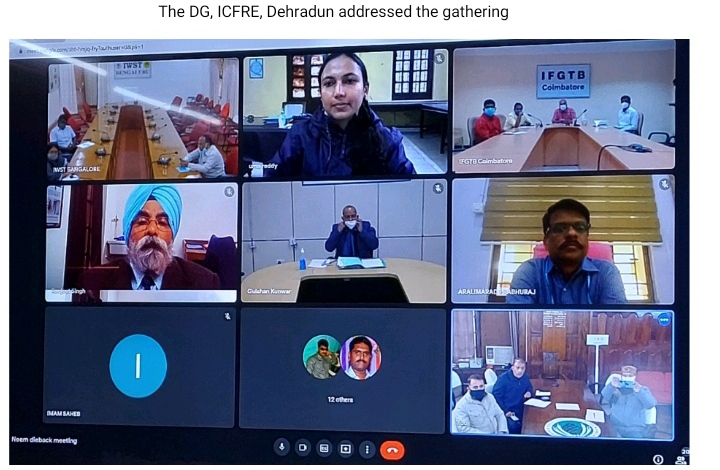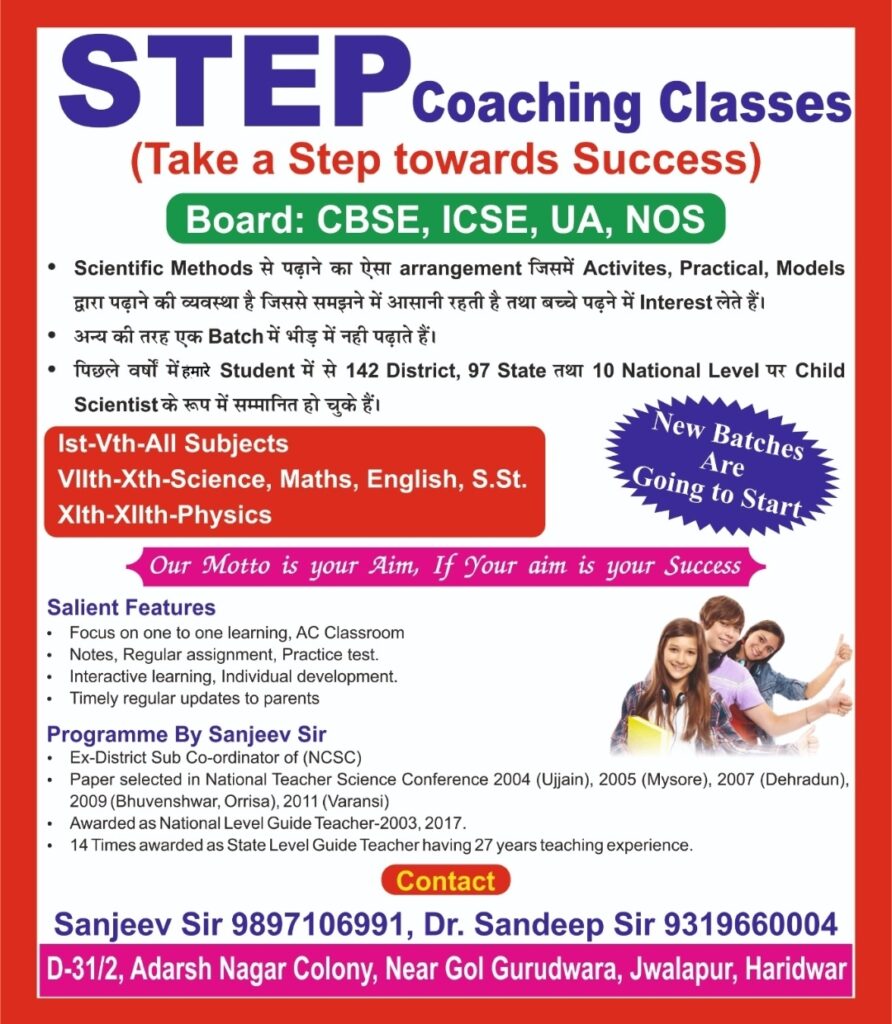देहरादून: तमिलनाडु, कर्नाटक, आंध्र प्रदेश और भारत के अन्य दक्षिणी हिस्सों में नीम के बड़े पैमाने पर डाईबैक रोग के कारण नीम के पेड़ की बढ़ती मृत्यु दर के संबंध में भविष्य की रणनीति तय करने के लिए एक कार्यशाला/ बैठक का आयोजन किया गया.
भारत के दक्षिणी भागों विशेष रूप से तमिलनाडु, कर्नाटक, आंध्र प्रदेश में डाईबैक रोग के कारण बड़े पैमाने पर नीम के पेड़ की बढ़ती मृत्यु दर पर महानिदेशक, भाकृअनुप, देहरादून के निर्देश पर विभिन्न संस्थानों और संगठनों जैसे यूएएस, रायचूर, एनसीसीएस, पुणे, NCCS, Pune; ICAR-IIOPR, हैदराबाद, यूएएस, धारवाड़, कर्नाटक और कर्नाटक राज्य वन विभाग, बेल्लारी के विभिन्न विशेषज्ञों की एक ऑनलाइन कार्यशाला सह बैठक 03 फरवरी 2022 को का आयोजन किया गया.
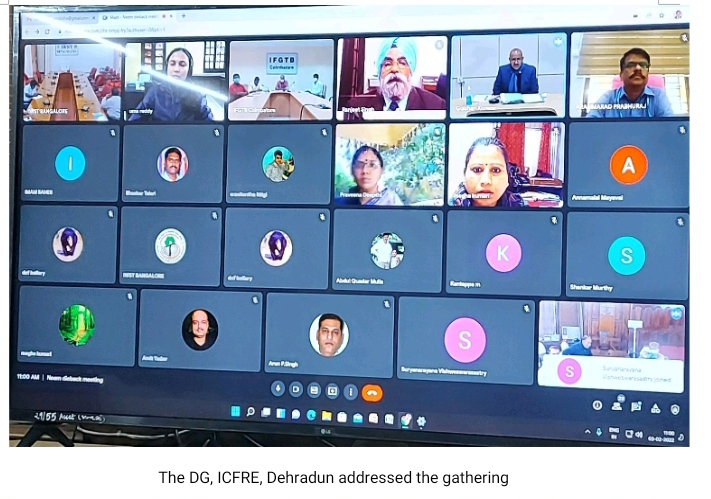
इस संबंध में भविष्य की रणनीति तय करने के लिए महानिदेशक, भा.वा.अ.शि.प. ने इस बैठक की उत्पत्ति के बारे में चर्चा की और कारण जीवों और पूर्वगामी कारकों की पहचान करने की आवश्यकता पर बल दिया ताकि डाइबैक के प्रबंधन के लिए कार्य योजना तैयार की जा सके।
पूरे भारत के कुल 14 विशेषज्ञों ने डाईबैक रोग के मूल कारण की पहचान करने में मदद करने के लिए अपनी अंतर्दृष्टि प्रदान की और विभिन्न उपचारात्मक उपायों का सुझाव दिया, जिन्हें व्यापक युद्ध रणनीति स्थापित करने के लिए प्रयोगात्मक रूप से मान्य करने की आवश्यकता है।
डाईबैक रोग के कारण के विभिन्न कारणों जैसे कीट-पीड़कों की समस्या, रोगजनकों, मिस्लेटो, वैक्टर, मानवजनित हस्तक्षेपों और पर्यावरणीय कारकों के बारे में विस्तार से चर्चा की गई। विशेषज्ञों की राय थी कि चूंकि कीटनाशकों का उपयोग पर्यावरण के लिए हानिकारक है इसलिए अनुकूल जलवायु मापदंडों की पहचान के अलावा जैविक नियंत्रण, प्रतिरोधी मेजबान जर्मप्लाज्म और फेरोमोनल दृष्टिकोण की जांच की जा सकती है।
बैठक मेंभाग लेने वाले विशेषज्ञ डॉ. प्रभुराज, डॉ. अमित यादव, डॉ. प्रवीण दीप्ति, डॉ. एस.वी. शास्त्री, श्री सिद्धरमप्पा, डॉ सुंदरराज, डॉ जेपी जैकब, डॉ कार्तिकेयन, डॉ मुथुकुमार, डॉ सुधीर सिंह, डॉ रंजीत सिंह, डॉ एपी सिंह, डॉ राजर्षि, डॉ विपिन प्रकाश और डॉ अमित थे बैठक के दौरान 45 से अधिक प्रतिभागी उपस्थित थे।
A workshop cum meeting on large scale dieback of Neem in Tamil Nadu, Karnataka, Andhra Pradesh and other southern parts of India
Large scale mortality of Neem due to dieback diseases are being recorded in southern parts of India. On the directions of the Director General, ICFRE , Dehradun an online workshop cum meeting of different experts from various institutes and organizations viz., UAS, Raichur; NCCS, Pune; ICAR-IIOPR, Hydrabad; UAS, Dharwar, Karnatak and Karnataka State Forest Department, Bellari was organized on 03rd February 2022 for deciding future course of action in this regard. The DG, ICFRE discussed about the genesis of this meeting and stressed upon the need to identify the causal organisms and predisposing factors so that action plan for the management of dieback may be chalked out. Total 14 experts from all over India provided their insights in helping to identify the root cause and suggested various remedial measures which needs to be validated experimentally in order to establish a comprehensive combat strategy. The various causes of mortality such as insect-pest problems, pathogens, mistletoe, vectors, anthropogenic interventions and predisposing environmental factors were discussed in detail. The experts were of the opinion that since use of pesticides is environmentally deleterious hence investigations for biological control, resistant host germplasm and pheromonal approach may be researched apart from identifying favourable climatic parameters. The participating experts were Dr. Prabhuraj, Dr. Amit Yadav, Dr. Praveen Deepti, Dr. S.V. Shastry, Mr. Siddarammappa, Dr. Sundarraj, Dr. J.P. Jacob, Dr. Karthikeyan, Dr. Muthukumar, Dr. Sudhir Singh, Dr. Ranjeet Singh, Dr. A.P. Singh, Dr. Rajarishi, Dr. Vipin Prakash and Dr. Amit Pandey. More than 45 participants were present during the meeting.

